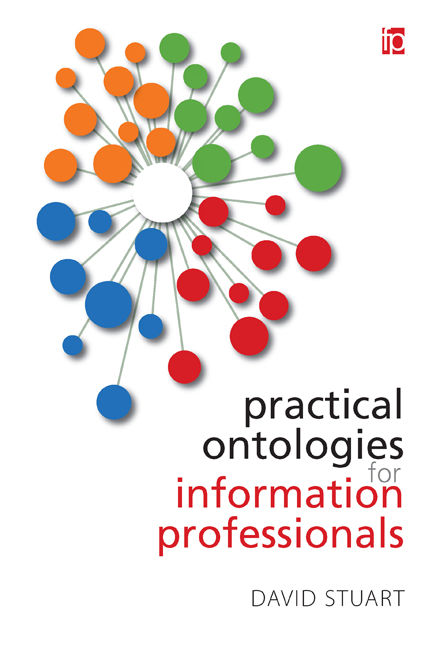6 - Interrogating ontologies
Published online by Cambridge University Press: 09 June 2018
Summary
Introduction
Ontologies are for use, and generally such use extends beyond that of the creator of the ontology. It is therefore important to consider the different ways ontologies can be explored, or rather, interrogated. ‘Interrogate’ has associations of more close and formal investigations of an ontology, which is indeed what ontologies are designed for. Ontologies will be queried by different users in different ways, and there are a wide range of tools of varying complexity for interacting with different ontologies, but ontologies are formal representations of knowledge and to extract the full value from an ontology requires queries of equal formality.
Ontologies, and the associated instance data, are generally interrogated for one of three reasons: to determine whether an ontology is suitable for reuse; to extract information from an ontology/data set; and to gather information about an ontology's use. this chapter considers each of these reasons in turn, and discusses some of the most appropriate technologies for each:
• interrogating ontologies for reuse
— ontology editors and viewers
— ontology reasoners
• interrogating a knowledge base
— search engines and personal assistants
— SPARQL
• understanding an ontology's use
— ontology search engines
— semantic crawlers.
Of course the tools are not restricted to one particular use; there is inevitably some overlap between the tools and they are discussed as appropriate.
Interrogating ontologies for reuse
One of the main reasons for wanting to understand an ontology is so that it can be reused. this may involve reusing an ontology element set to structure your own information, or reusing a vocabulary for the indexing of a set of documents.
Ontology editors and viewers
A simple way to investigate an ontology is to read the documentation and explore the ontology in one of the tools mentioned in Chapter 5 for developing the ontologies (e.g., TopBraid, Protégé) or publishing the ontologies (e.g., WebVOWL, SKOS Play). LodLive (http://en.lodlive.it) also provides a simple web-based visual interface for exploring an ontology. A simple ontology may require little more than a text editor, although most encoded ontology would benefit from being viewed through an editor or viewer, especially complex ontologies that make the use of unions, intersections, and functional properties.
- Type
- Chapter
- Information
- Practical Ontologies for Information Professionals , pp. 137 - 154Publisher: FacetPrint publication year: 2016



